Cancer. Six letters form a word that shatters lives in a matter of seconds. In my case, the lives of a father, mother, daughter, and three sons were forever changed. A doctor with less than perfect bedside manner (though an excellent physician), delivered the news in such a way that those of us that were able to understand the gravity of the situation were in shock and dismay. At the young age of 11, all I can remember thinking was, “will my daddy die? Will he ever walk me down the aisle at my wedding or hold my first baby?”
Those years of chemo and radiation were the hardest years I’ve ever seen my parents go through. I saw the strongest person in my life become weak. I saw his personality even change. Chemo saves lives, but it also does irreversible, lasting damage-physically, sometimes emotionally and mentally.
“During those years was also the first time I ever witnessed true empathy and compassion.”
During those years was also the first time I ever witnessed true empathy and compassion.
It was a nurse. It was a nurse who administered my dad’s first chemo treatment and explained, again and again, the side effects that were to be expected. It was a nurse who answered all one thousand and one questions, patiently. It was a nurse who treated nausea/vomiting, with a bucket and cold washcloth at the ready, and tips for fighting the weight loss. It was a nurse who helped my mom be my dad’s rock. It was a nurse who ensured us that ‘no’ we weren’t crazy–that really is a side effect of this chemo! It was a nurse that said it was okay to cry, and even shed a tear herself behind closed doors. And it was a nurse who celebrated with us when dad was declared cancer-free.
It was a nurse’s compassion who made me the nurse I am today. By the grace of God and the love of a nurse, my daddy walked me down the aisle, and my son now calls him Papa.
Thank you, oncology nurses for the impact you have not only on your patients but on families. Your compassion and strength are as important as your skill.

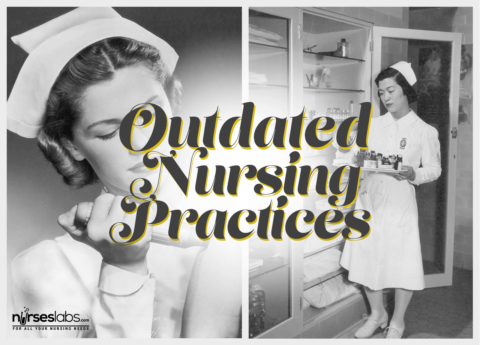


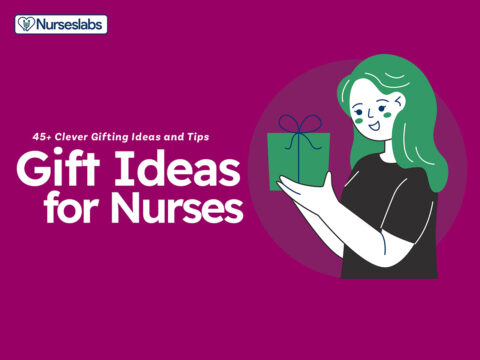
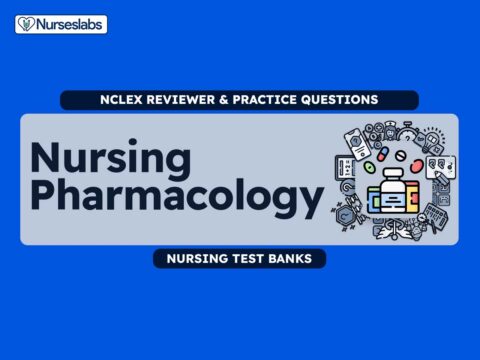


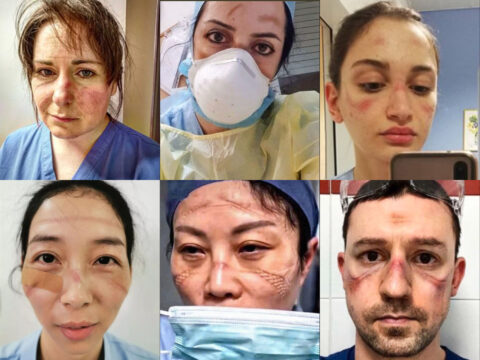
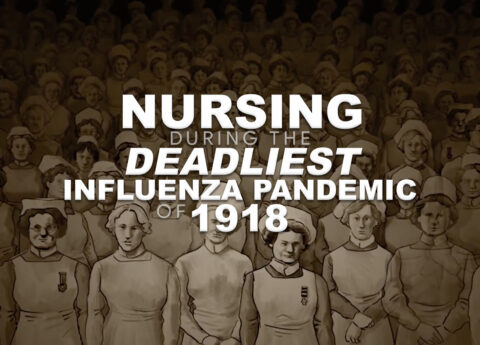



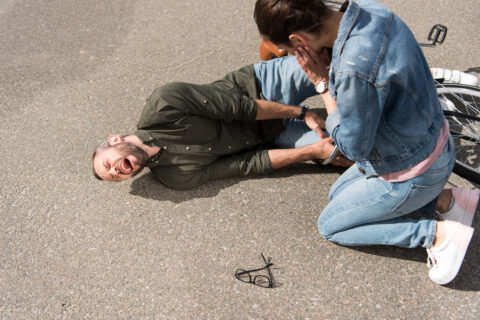


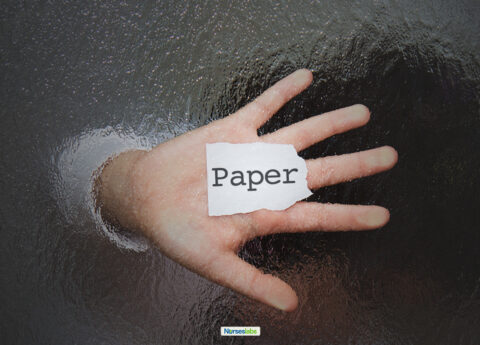
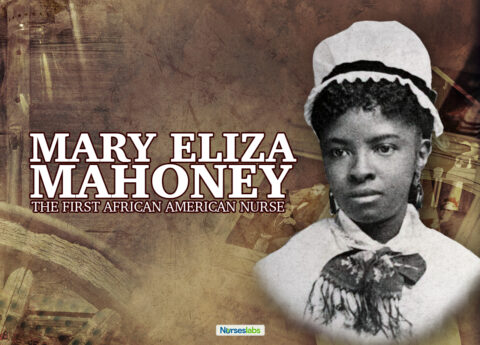








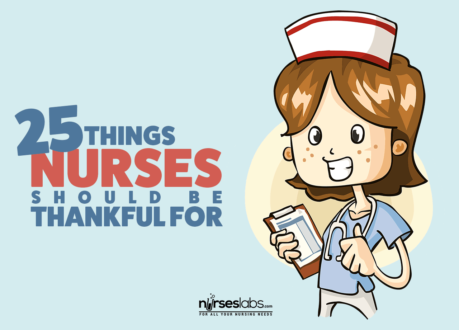
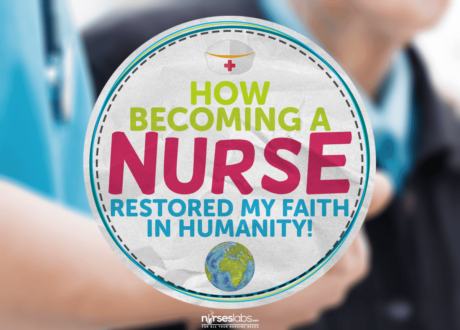
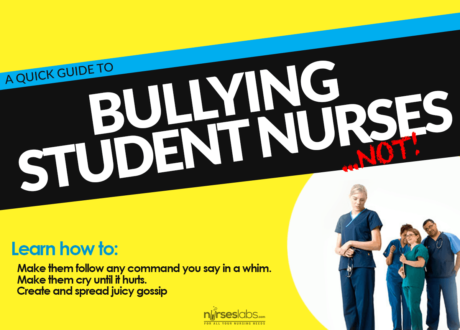


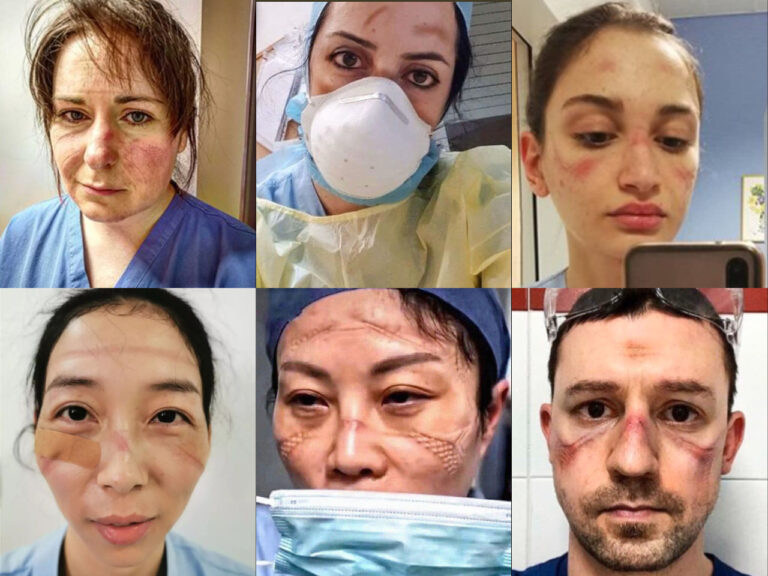

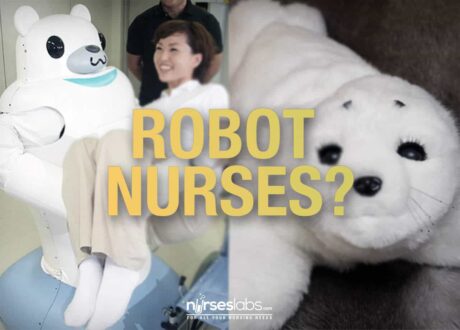
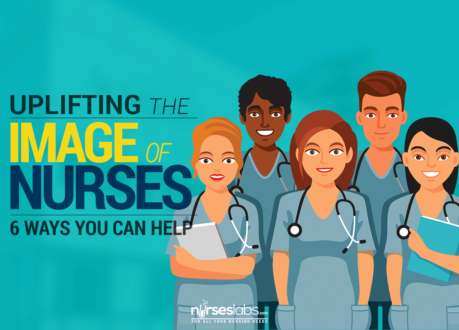


Leave a Comment